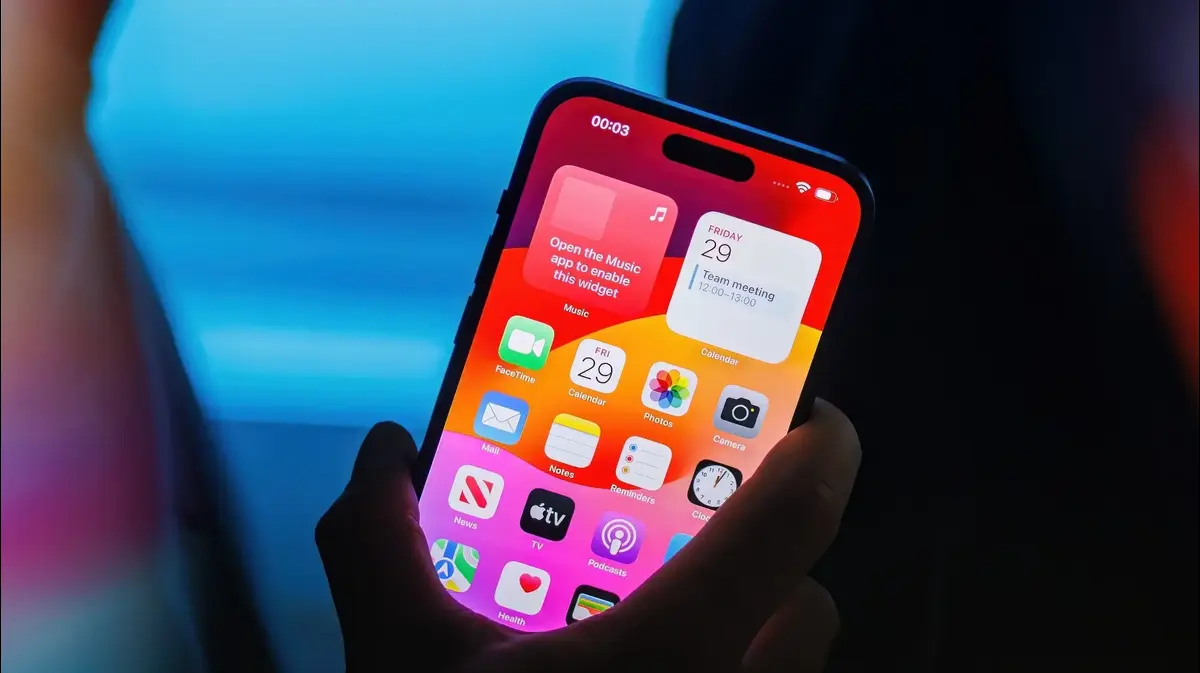Escort bots and mobile phone checks: This is how China's leadership suppresses the corona protests
Created: 11/30/2022, 3:55 p.m
By: Sven Hauberg
Bots that spread ads for escort services and cell phone checks on the subway: China's censors are doing everything they can to suppress information about the Corona protests.
Munich/Beijing – China's government is not only using massive force, but also far-reaching censorship against the protests of the past few days.
The censors sometimes resort to absurd measures: At the beginning of the demonstrations last weekend, the short message service Twitter was apparently massively inundated with tweets sent by automated bots.
The lewd messages promoting escort services appeared to appear whenever users searched for news about the protests in Chinese.
According to the Chinese-American data journalist Mengyu Dong, some of the bots used had been inactive for years and were only awoken from their slumber when the protests broke out.
Although Twitter is banned in China, it can be reached using so-called VPN tunnels.
China's government knows this, but has so far hardly taken any action against VPN users.
In the last few days, however, there have apparently been multiple cell phone checks on public transport in China.
Videos show security guards taking passengers' smartphones and searching for the banned VPN programs.
Citizens critical of the government in particular use Twitter to share videos and photos of protests and other events in China with other countries.
Some of the accounts have hundreds of thousands of followers and have also become an important source of information for Western journalists.
Even before the protests began, some Chinese Twitter users had expressed concern that their work could be made more difficult under the chaotic leadership of new Twitter owner Elon Musk.
This has now apparently been confirmed.
Protests in China: What role does Twitter boss Elon Musk play?
There are even fears that Musk could be actively collaborating with China's leaders.
Musk is said to be interested in good relations with the Chinese government because his company Tesla operates a large electric car factory in Shanghai.
The People's Republic was also the second largest sales market for the car manufacturer after the USA last year.
Musk's cooperation and technical relationships with other countries "are worth looking at," even US President Joe Biden recently said.
Another US company was also targeted by critics in the course of the protests in China: Apple.
Because the tech group had published an update in China at the beginning of November that massively restricted the so-called airdrop function.
With Airdrop, iPhone users can send data to other nearby iPhones without actively connecting the devices to each other.
The recipient of the files also does not know who sent them to them.
After the new update, users now have to consciously activate the function every ten minutes in order to be able to receive data from unknown sources – which of course massively limits the benefit
China's head of state and party leader: This is how Xi Jinping rose to become the most powerful man in the world
View photo gallery
Apple's China update could be a reaction to the protests of the man later christened "Bridge Man", who demonstrated with banners against the "traitor and dictator Xi Jinping" on a car bridge in Beijing shortly before the 20th party congress of China's Communists .
Immediately after the protest, several Chinese iPhone users reported in mid-October that they had received airdrop messages calling for an uprising against the Chinese government.
The protest messages were shared in the Shanghai subway, among other places.
also read
Putin companion throws up after 25 years – new position shows how much sanctions hit Russia
"Perversion": According to Pope Francis, Lavrov's spokeswoman rages about Putin's "cruelest" troops
Isolated clashes: Protests in China continue
Even then, there were fears that Apple could restrict or completely abolish the function in China.
However, it is unclear whether there is really a connection between the airdrop update and the protest in Beijing.
The ten-minute limit was initially only introduced in China;
according to Apple, however, it should be activated worldwide.
Most of the protests from the weekend have now died down.
There are still isolated clashes between citizens and the police.
According to eyewitnesses and according to video recordings, objects were thrown at officials in the southern Chinese city of Guangzhou on Wednesday night;
there were apparently also several arrests.
The protests, which are considered the largest since the democracy movement was crushed in 1989, broke out out of displeasure with the Chinese government's strict corona policy with its lockdowns and mass tests.
Thousands have taken to the streets since Saturday.
The protests were triggered by a house fire in the city of Ürümqi in Xinjiang province in the north-west of the country, which killed at least ten people.
Residents had reported that corona barriers had hindered the extinguishing work.
In some places, however, the protests were also aimed directly at state and party leader Xi Jinping and the one-party rule of China's communists.
Corona protests: China's censors are working overtime
In response to the demonstrations, the government in Beijing announced that it would carefully relax some of the corona measures;
however, they want to stick to the zero-Covid strategy.
At the same time, however, China's highest security body called for tough action against "enemy forces" on Tuesday.
Despite the massive censorship by the authorities, the displeasure of the Chinese population with the government's corona measures is repeatedly expressed online.
Hundreds of comments, some of them angry, were published on the Weibo social network during the live broadcast of a press conference by several Chinese health authorities on Tuesday.
"Whatever policy you come up with will not be heard, so don't hold conferences!" read one comment.
"Abolish the PCR tests," demanded another comment, and: "The danger posed by the corona virus is being exaggerated." The censors had apparently not been able to keep up with their work in the flood of news.
Anyone currently searching on Weibo or the Chinese search engine Baidu for the name of the street in Shanghai that became the symbol of the protests will only find harmless, mostly old posts.
Photos and videos of the protests have been deleted from China's internet.
Behind the censorship is the powerful Cyberspace Administration of China (CAC), which has been given new powers since Xi Jinping took office in 2012.
The authority decides which websites are blocked in China and which keywords are censored.
Recently, China's ubiquitous communication app WeChat has even reportedly banned white profile pictures.
During their protests, demonstrators in Beijing and elsewhere had often held up a blank sheet of white paper - as a symbol of all that








